Resources
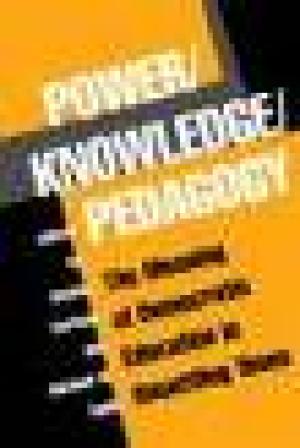
The essays in this volume explore the educational implications of unsettling shifts in contemporary culture associated with postmodernism. These shifts include the fragmentation of established power blocs, the emergence of a politics of identity, growing inequalities between the haves and the have-nots in a new global economy, and the rise in influence of popular culture in defining who we are. In the academy, postmodernism has been associated with the emergence of new theoretical perspectives that are unsettling the way we think about education. These shifts, the authors suggest, are deeply contradictory and may lead in divergent political directions—some of them quite dangerous Power/Knowledge/Pedagogy examines these issues with regard to four broad domains of educational inquiry: state educational policy and curriculum reform, student identity formation, the curriculum as a text, and critical pedagogy. The book contributes to the dialogue on the forging of a new commonsense discourse on democratic educational renewal, attuned to the changing times in which we live. (From the Publisher)
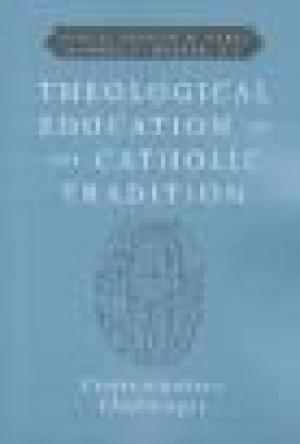
The aim of this book is both to raise questions about the contemporary theological enterprise and to suggest ways to improve theological education at the college, seminary, and graduate levels. With that in mind the editors have here gathered together important essays by leading theologians and prominent bishops that provide expert assessment of the present state of Catholic theological education and its future prospects, treating a full range of the most pressing topics, from undergraduate and graduate programs to the role of bishops and the task of inculturation. (From the Publisher)
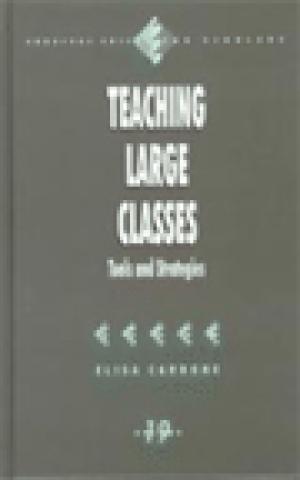
You have finished your Ph.D. and landed your first academic job. Scanning the fine print, you realize the introductory class you have been assigned to teach is being held in an auditorium. A really big auditorium. Panic begins to set in. . . . In this handy and practical book, Elisa Carbone offers a wealth of sound advice on how to deal with a large class, from the first day to end-of-semester evaluations. Full of examples taken from many different disciplines, Teaching Large Classes will be an ideal companion for any teacher facing the challenge of the large introductory class. (From the Publisher)
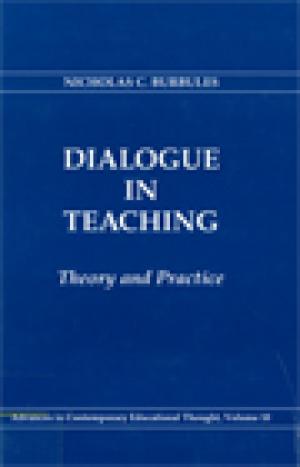
Dialogue in Teaching presents a detailed examination of dialogue as a cluster of related dialogical styles and approaches, not just a single entity. The author offers a critical and conceptual study of the nature of dialogue and a discussion of concrete issues in teaching with dialogue: how it works, why it is beneficial for teaching, how it sometimes fails, and how to improve on it. Organizing his book around the metaphor of playing a game, Burbules speaks to scholars and teachers, in sophisticated yet accessible language, about a topic of great interest to both groups. (From the Publisher)
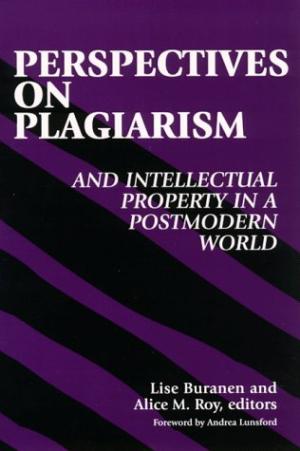
This book offers a wealth of thinking about the complex and often contradictory definitions surrounding the concepts of plagiarism and intellectual property. The authors show that plagiarism is not nearly as simple and clear cut a phenomenon as we may think. Contributors offer many definitions and facets of plagiarism and intellectual property, demonstrating that if defining a supposedly "simple" concept is difficult, then applying multiple definitions is even harder, creating practical problems in many realms. This volume exposes the range and breadth of these overlapping and complex issues, reflecting a postmodern sensibility of fragmentation, and clarifies some of the confusion, not by reducing plagiarism to ever-simpler definitions and providing new or better rules to apply, but by complicating the issue, examining what plagiarism and intellectual property are (and are not) in our more or less postmodern world. (From the Publisher)
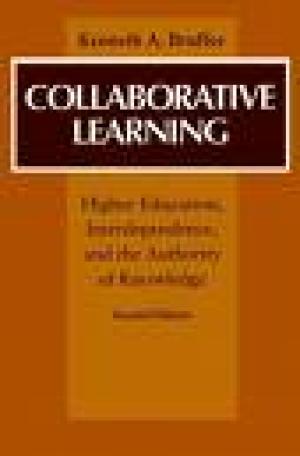
The author argues for collaborative learning at the college and university level, a method which engenders interdependence among peers rather than cultivating passivity, authoritarianism, irresponsibility, and hyper-competitiveness. (From the Publisher)
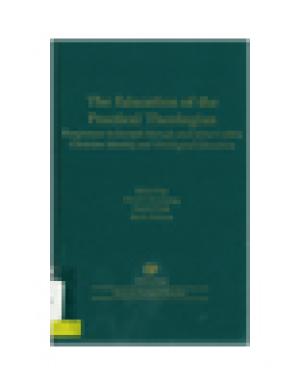
The essays in this volume ... were prepared for a conference sponsored by the Institute for the Advanced Study of Religion of the Divinity School of the University of Chicago on October 8-11, 1987. (From the Publisher)
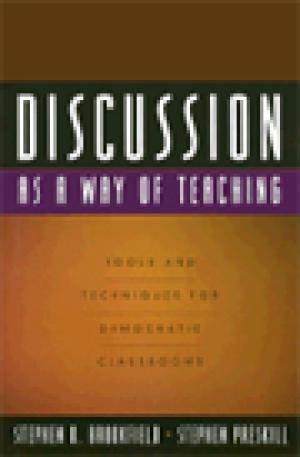
Offers a variety of practical ideas, tools, and techniques for creating democratic classrooms. The authors suggest exercises to get discussion started, strategies for maintaining its momentum, ways to elicit a diversity of views and voices, ideas for creative groupings and formats, and processes to encourage student participation. In exploring the role of the teacher in discussion, they address the tensions and possibilities arising from ethnic, cultural, social class, and gender difference. Throughout, they emphasize how discussion fosters democratic participation and enhances learning, and they review how to balance the voices of students and teachers. (From the Publisher)
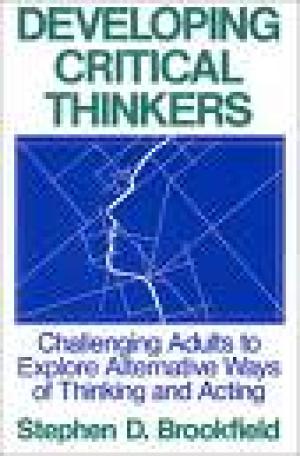
"Developing Critical Thinkers" is a book practitioners and others interested in applying critical thinking principles will find extremely useful. The writing is clear, the examples are many, and the ideas are well grounded in theory and research. (From the Publisher)
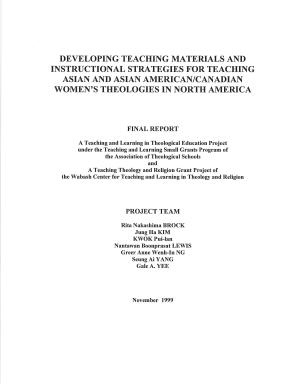
Analysis, resources, and recommendations by a colloquy of 7 Asian and Asian North American professors of religious and theological studies in largely white institutions. What impact does this isolation have on their functioning as faculty, and specifically in their attempt to introduce Asian or Asian North American perspectives into their respective theological disciplines? What extra constraints or requirements are placed on their struggle to teach as effectively and faithfully as they would like? And what about the dynamics of teaching primarily white or other non-Asian students?